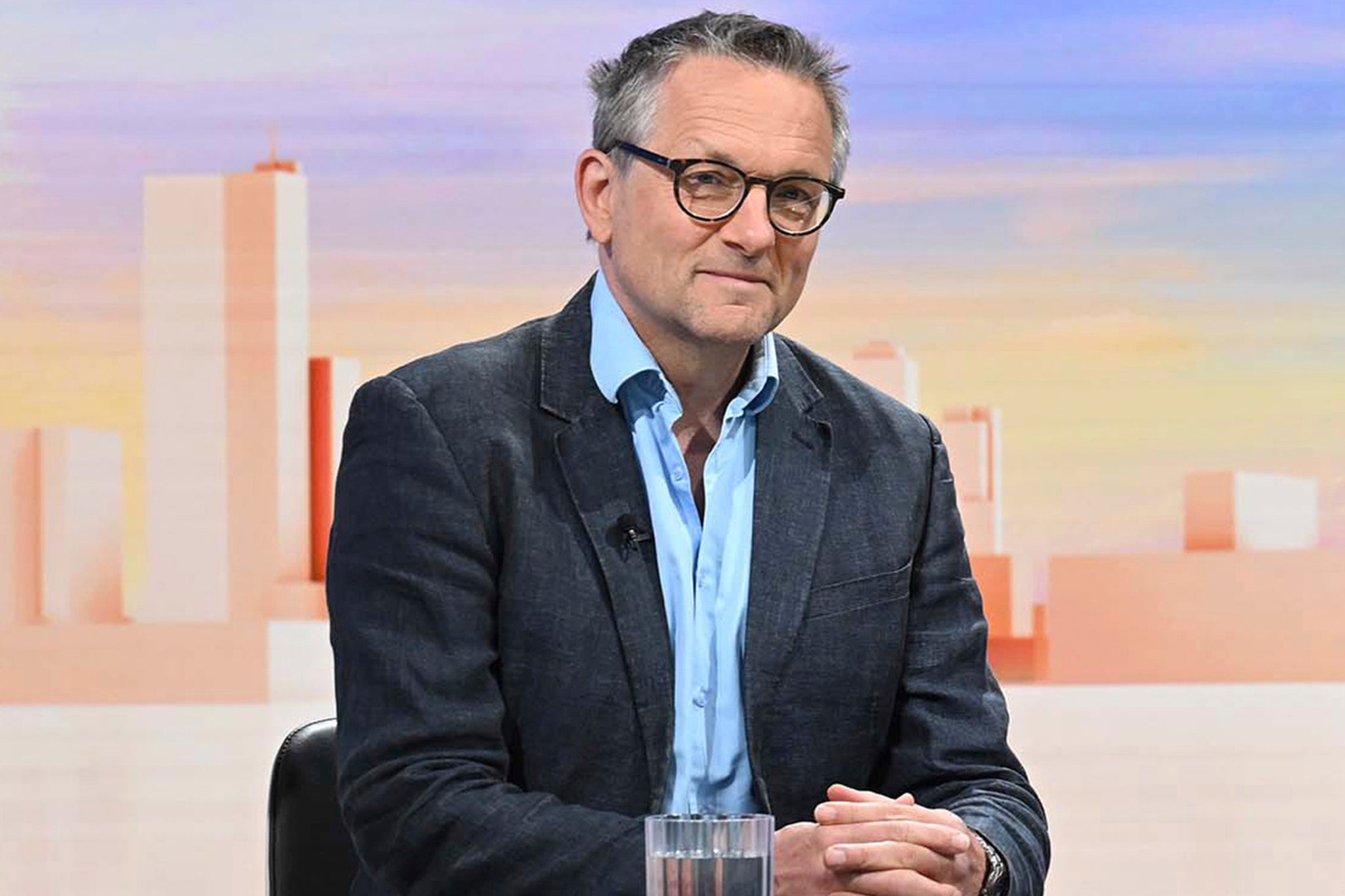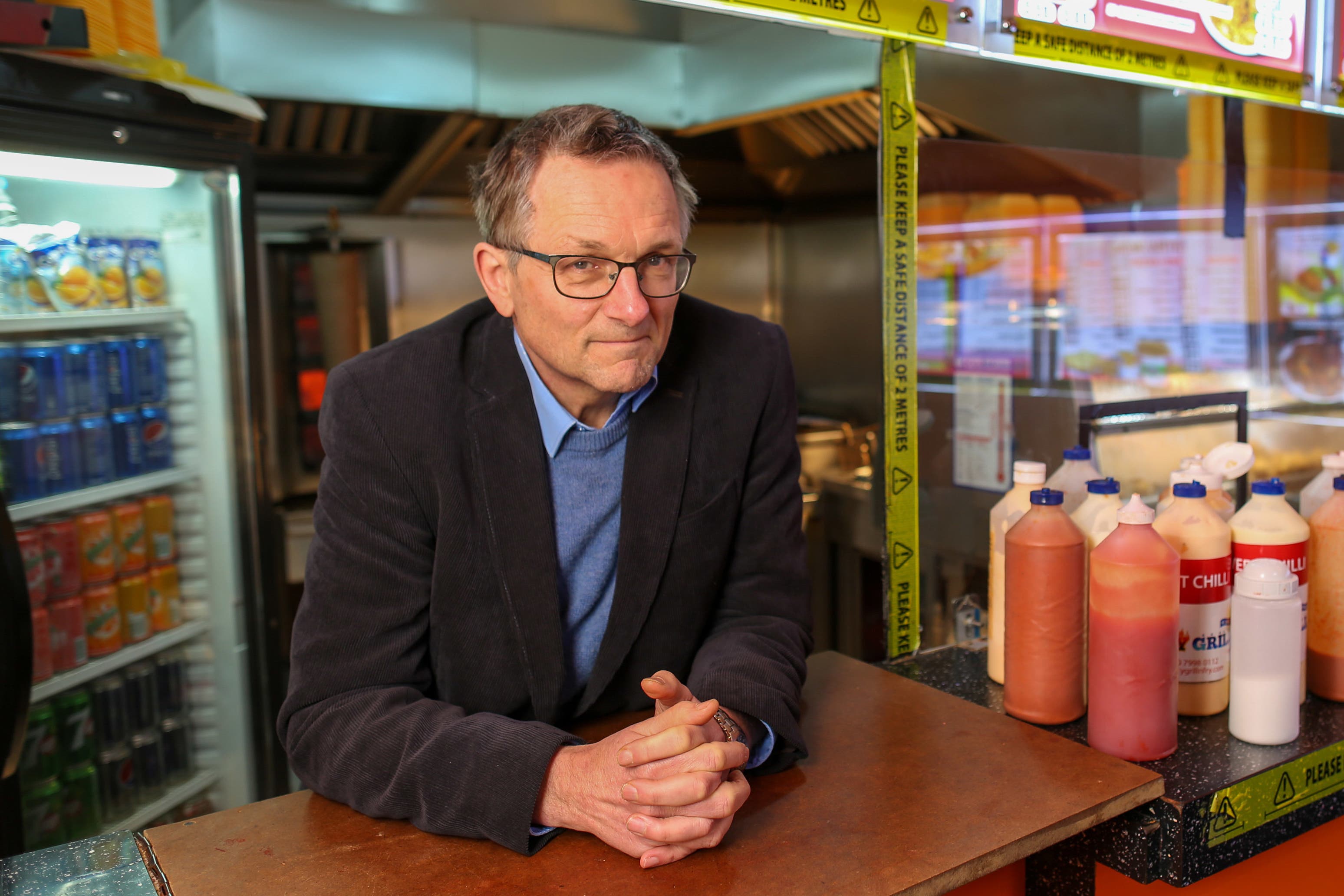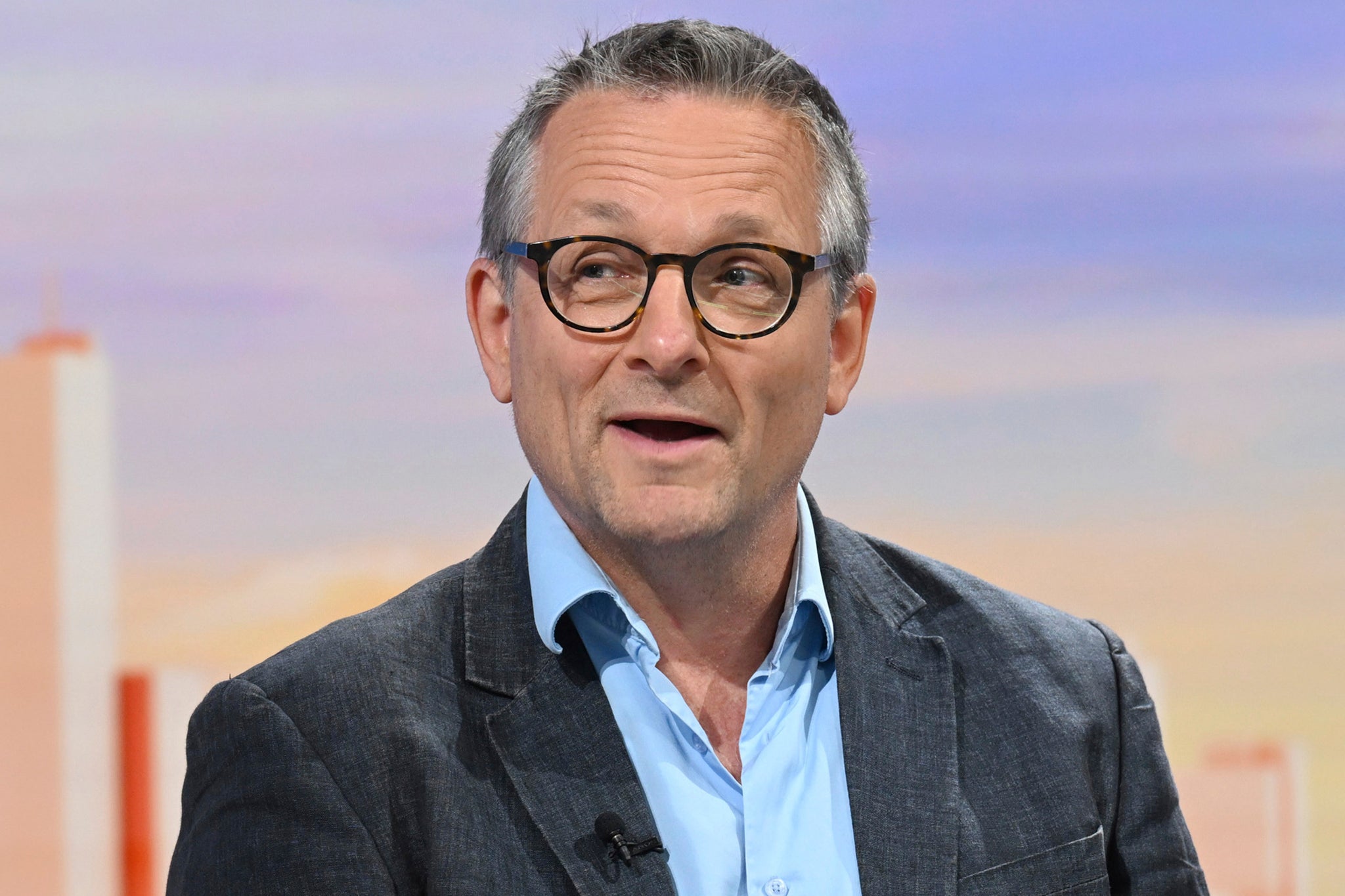Dr Michael Mosley, presenter who revolutionised nation’s diet, found dead after search on Greek island

Dr Michael Mosley, the author and presenter who revolutionised the way Britain fights the obesity crisis, has been found dead after a five-day search on a Greek island, his wife has said.
A major search effort was launched to find the esteemed BBC Radio 4 and This Morning presenter on Wednesday after he disappeared while holidaying on the Greek island of Symi.
The 67-year-old, who helped popularise the 5:2 diet, left his wife and friends on Saint Nikolas beach at 1.30pm to walk back to their house in searing heat, with an umbrella but no mobile phone. He was seen on CCTV in the village of Pedi 30 minutes later, shortly before entering a treacherous mountain path.

After extensive searches involving helicopters, dogs and drones, Dr Mosley’s body was eventually discovered on Sunday morning after being spotted by television cameras from a boat carrying the island’s mayor.
His body was found just metres from the shoreline, by the perimeter fence separating the Agia Marina resort from the surrounding wilderness, in an area said to have been searched many times in recent days, situated near a network of tunnels known locally as “The Abyss”.
Confirming the death of her “wonderful, funny, kind and brilliant husband”, Dr Clare Bailey Mosley said: “We’re taking comfort in the fact that he so very nearly made it. He did an incredible climb, took the wrong route and collapsed where he couldn’t be easily seen by the extensive search team.
“Michael was an adventurous man, it’s part of what made him so special … I feel so lucky to have our children and my amazing friends. Most of all, I feel so lucky to have had this life with Michael.”
While a post-mortem on the nearby island of Rhodes is yet to take place, Symi’s mayor Eleftherios Papakaloudoukas theorised that Dr Michael Mosley likely died of heat stroke and exhaustion just a few metres before reaching safety.

Tributes to the doctor poured in on Sunday from devastated colleagues, peers and those for whom Dr Mosley’s books and television programmes had helped to improved their health and wellbeing, with one former BBC journalist labelling him a “lovely, intelligent friend of humanity”.
Hailing him as a personal hero, ex-Labour Party deputy Tom Watson said he was one of thousands of people helped to “get well and healthy” by Dr Mosley’s “courageous, science-based journalism”. Celebrity chef Jamie Oliver said he was a “wonderfully sweet, kind and gentle man” who “often changed the conversation around many public health issues for the better”.
Dr Mosley first worked in investment banking after studying PPE at Oxford, but decided to retrain in medicine with the intention of becoming a psychiatrist after realising his primary interest in life lay not in making money but in exploring “what makes people tick”. He met his wife on the first day of training.
But after qualifying as a medic, Dr Mosley instead embarked upon a career in broadcasting, first joining the BBC as a trainee assistant producer in 1985.
Producing a number of series including Emmy-nominated documentary The Human Face, featuring John Cleese, and Inventions That Changed the World, with Jeremy Clarkson, Dr Mosley eventually moved out from behind the camera into a presenting role.
In 1995, he was named medical journalist of the year by the British Medical Association – following his documentary Ulcer Wars, popularising research by Barry Marshall, which would later win the Nobel Prize and established a connection between the bacteria Helicobacter pylori and gastric ulcers.

“I probably did, in a funny way, more good with that one programme than if I had stayed in medicine for 30 years,” he later told the British Medical Journal.
Dr Mosley became known for being willing to put his own body on the line for experiments within his shows, including eating a black pudding made with his own blood, injecting snake venom to see how his blood clotted, as well as swallowing magic mushrooms, internal cameras and tapeworms.
During his career with the BBC, he presented a host of science programmes and films including the series Trust Me, I’m A Doctor, which looked at healthcare in Britain. And in 2011, he fronted the controversial documentary Inside The Human Body, which broadcast a man’s dying moments.
But it was his own diagnosis with type 2 diabetes the following year which sparked his experimentation with fasting in order to cure his disease, leading him to become perhaps the most influential proponent of the 5:2 diet, through his and journalist Mimi Spencer’s book The Fast Diet.
Dr Mosley later advocated for The Fast 800 diet, which follows a “moderately low-carb, Mediterranean-style diet”, writing a book and several cookbooks with his wife Clare Bailey Mosley, herself a GP and health columnist.

But his Channel 4 programme Lose A Stone in 21 Days drew rare controversy, as the eating disorder charity Beat warned it had been forced to extending the hours of its helpline to coincide with the airing of the “irresponsible” show, which explored a daily diet of just 800 calories.
He became a regular guest on BBC’s The One Show and ITV’s This Morning, as well as hosting the Radio 4 podcast Just One Thing, where he revealed tips to help improve your health – notably helping to popularise the health benefits of daily cold showers.
In a tribute on Sunday, Mail Newspapers editor Ted Verity praised the columnist’s “irrepressible curiousity” and “engaging” work which he said “will have extended, and even saved, the lives of countless readers”.
Dr Mosley’s co-presenter Dr Saleyha Ahsan hailed him as “a national treasure” while physicist Brian Cox was among many colleagues who described him as “genuinely lovely man”.





